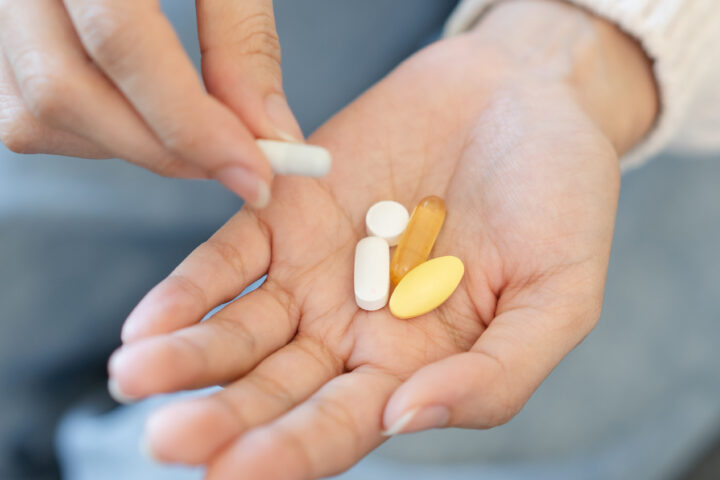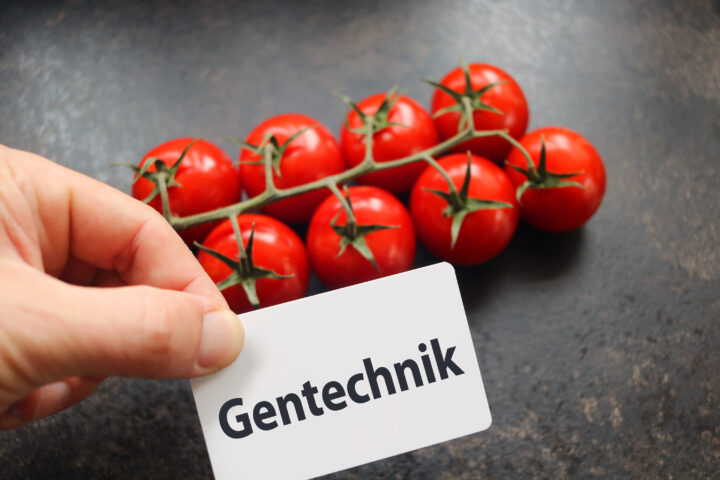
According to the Director of the Federal Office for Agriculture, “every second meal is imported”
The coronavirus pandemic, the Ukraine war and the energy crisis have all brought the vulnerability of supply chains into sharp relief. In an interview with the Tages-Anzeiger, the Director of the Federal Office for Agriculture, Christian Hofer, warns against becoming too dependent on food imports. Switzerland must take care of its food security.
Tuesday, November 8, 2022
According to Hofer, the Ukraine war has shown just how great the dangers are of relying on a single source when it comes to food supply. Countries that sourced practically all of their wheat from Ukraine suddenly had to worry about their food security. This must not happen to Switzerland. Alongside diversified food imports and a good trading relationship, Switzerland also needs strong domestic production. Hofer draws parallels with the looming energy shortages: “Thanks to our high purchasing power, we are in a comfortable position to be able to buy enough food on the global market. However, we should not expect what is on the table to be the same as we are used to”. According to Hofer, long-term power outages would also affect food production, likely leading to a supply crisis.
Constant self-sufficiency thanks to innovation
Switzerland must take care of its food security. This requires strong domestic production. However, the small amount of space available per capita poses a challenge. This is where innovative technologies come in. In spite of a 30% increase in population over the last 30 years, Switzerland has managed to keep its level of self-sufficiency relatively stable at around 50% in recent decades. “Production has, by and large, managed to keep step with growing demand as a result of technical advancements and innovation.” However, as Hofer points out, “for every second meal brought to the table, Switzerland imports food from abroad”.
Need to boost production
But how can Switzerland increase its level of self-sufficiency? “Production needs to be boosted through investments in breeding and technology, for example, but we also need to ensure healthy and sustainable consumption,” says Hofer. For example, the reduction of food waste offers a great deal of potential. People in Switzerland currently waste a third of their food. Existing arable land could also be used more efficiently. Sixty per cent of this land is set aside for growing animal feed. If more plants were grown for human consumption, the level of self-sufficiency could be increased.
Good to know
More arable farming means a greater need for plant protection products. However, approval is being withdrawn for more and more products. This is causing serious problems for the cultivation of many crops such as Brussels sprouts and onions. Swiss policy is inconsistent and even contradictory in this regard. It runs counter to people’s need for more local and affordable food.
Sources
Related articles

Residue is not the same as residue
Painkillers like Voltaren are a blessing for us – yet in our rivers they can harm fish. If these were crop protection products, calls for bans would be immediate. It becomes clear that we are applying double standards.

ARTE documentary: Genetic engineering in organic farming?
The ARTE documentary “Genetic engineering in organic farming?” examines key controversial questions of modern agriculture: Is the general exclusion of new breeding technologies still up to date? Can the resistance of organic farming be justified scientifically?

The Great Suffering of Farmers
Fire blight, Japanese beetles, or grapevine yellows – farmers in Valais, too, are increasingly feeling helpless in the face of the threats posed by nature. More and more often, they lack the means to effectively protect their crops. This makes it all the more important for the Federal Council to place a pragmatic balancing of interests at the forefront when setting threshold values.

'Tomatoes on your eyes'
The submitted “Food Protection Initiative” calls for “GMO-free food.” Leaving aside this illusory demand, its adoption would mean more bureaucracy, more trade barriers, and less innovation. The Swiss Farmers’ Union describes the proposal as “unnecessary” and warns of a setback to the goal of achieving an even more sustainable agriculture.

